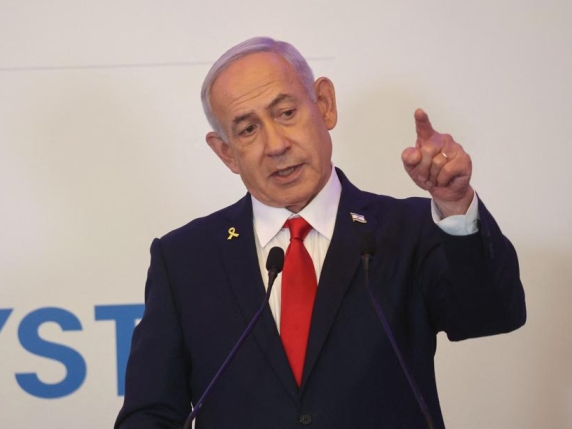The risk of the operation: massacres of civilians and the enemy to be managed

Take everything without losing the support of the only ally that ultimately matters: Donald Trump's United States. Occupy Gaza entirely, return to the status quo prior to the dismantling of the fifteen or so Jewish settlements desired by Ariel Sharon exactly 20 years ago, even at the cost of the lives of the twenty or so hostages held by Hamas, who, however, have always been secondary to the project of totally destroying the jihadist organization and preventing any form of Palestinian independence.
The gift
To try to get inside Benjamin Netanyahu's head on the eve of what appears to be the imminent military operation for total control of the Gaza Strip, it's useful to go back to January 19th. Then Bibi, albeit reluctantly, announced the truce with Hamas: prisoner exchanges, the entry of aid into the Strip, the apparent beginning of the end of the war. Trump had been gifted the image of the peacemaker, without doing practically anything.
The broken promise
A slap in the face for Joe Biden, who since October 7, 2023, had continued to send military aid, but asked in return for something he never received: the promise of a comprehensive peace plan that would include reviving the peace plan developed in Oslo in 1993, which envisioned the creation of a Palestinian state in the territories occupied by Israel since the 1967 war. Then came everything we know: the confusing and provocative plan for Gaza as a tourist resort announced by Trump, which among other things gave the green light to the relocation of Gazans abroad; followed by the agreement between the two leaders on the war against Iran.
Netanyahu then felt reassured. So much so that in mid-March he realized he could easily unilaterally violate the truce with Hamas and resume bombing, resulting in new massacres of civilians in Gaza, without Trump issuing harsh condemnations.
The blitz on Iran
Far from it: just over two months later, he even managed to convince Trump to attack Iranian nuclear sites, after the US president himself had declared himself uninvolved in Israel's military plans and even attempted to revive the 2015 treaties (signed by Obama) on the control of Tehran's nuclear project, which Bibi had once again convinced him to boycott in 2018. More recently, Washington's criticisms of Israel's overly aggressive activism in Syria and against hunger in Gaza already seem to be a thing of the past.
Jerusalem and Washington also cooperate in the controversial food distribution, which causes daily casualties and sparks fierce criticism from the UN and leading international humanitarian agencies. One factor, however, remains constant in Bibi's policy: he seeks to make even his boldest decisions in harmony with Washington. Israeli commentators recall that the current hawk, during his first term as prime minister following the 1996 elections, was even willing to accommodate Bill Clinton and accept the Wye Plantation Accords, which envisioned a Palestinian state and even a partial partition of Jerusalem.
Youthful mistakes
For some time now, Netanyahu himself has been referring to those steps as youthful mistakes in a completely different era. And he has every reason to be. Despite growing international criticism, especially from Europe, the Israeli prime minister no longer holds back from openly opposing the land-for-peace principle. Polls among the Israeli public continue to show that a clear majority favors the annexation of the occupied territories. The maximalist and messianic project of the nationalist and religious parties led by Finance Minister Bezalel Smotrich and the even more extremist National Security Minister Itamar Ben Gvir calls for the total annexation not only of Gaza, but also of the West Bank.
The expulsions
In their meetings, often held in the most militant settlements in the West Bank, they openly proclaim their intention to expel as many Palestinians as possible by fair means, offering financial incentives, or by foul means, which involves burning property, requisitioning, closing roads to make daily life impossible, and armed raids resulting in injuries and deaths. The settlers are already preparing to reopen the Gaza settlements that were dismantled in 2005. Today, it is forgotten that Sharon then considered them too costly and too exposed to Palestinian attacks. Nothing suggests that the total occupation of the Strip can truly defeat the armed insurgency, which is now more desperate and therefore more motivated than ever.

